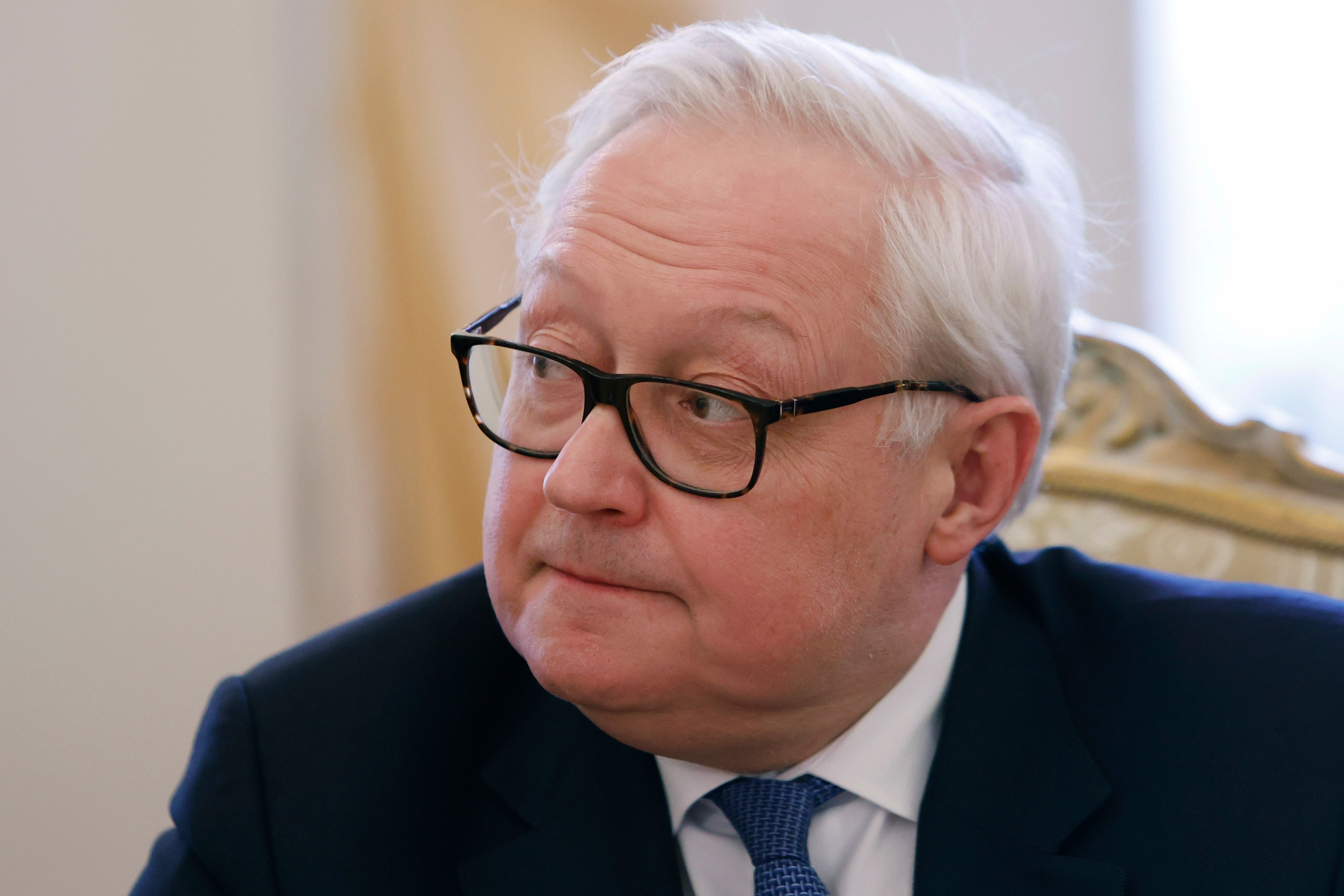Russia to keep missile test notices under Cold War-era deal
A top Russian diplomat says Russia will continue to give the U.S. advance notice about its missile tests despite suspending the last remaining nuclear arms treaty between the two countries

Your support helps us to tell the story
From reproductive rights to climate change to Big Tech, The Independent is on the ground when the story is developing. Whether it's investigating the financials of Elon Musk's pro-Trump PAC or producing our latest documentary, 'The A Word', which shines a light on the American women fighting for reproductive rights, we know how important it is to parse out the facts from the messaging.
At such a critical moment in US history, we need reporters on the ground. Your donation allows us to keep sending journalists to speak to both sides of the story.
The Independent is trusted by Americans across the entire political spectrum. And unlike many other quality news outlets, we choose not to lock Americans out of our reporting and analysis with paywalls. We believe quality journalism should be available to everyone, paid for by those who can afford it.
Your support makes all the difference.Russia will continue to give the U.S. advance notice about its missile tests despite suspending the last remaining nuclear arms treaty between the two countries, a top Russian diplomat said Thursday.
Deputy Foreign Minister Sergei Ryabkov's statement reversed one he made Wednesday, when he said Moscow had halted all information exchanges with Washington envisioned under the 2011 New START nuclear pact, including missile test warnings.
But Russia intends to stick by its pledge last month to keep notifying the U.S. about missile tests in line with a 1988 U.S.-Soviet agreement, Ryabkov said.
Russian President Vladimir Putin suspended the country's participation in the New START treaty last month, saying Russia could not U.S. inspections of its nuclear sites at a time when Washington and its NATO allies have openly declared Moscow’s defeat in Ukraine as their goal.
Moscow emphasized at the time that it wasn’t withdrawing from the pact altogether and would continue to respect the caps on nuclear weapons the treaty set.
Earlier this week, the U.S. announced that Moscow and Washington have stopped sharing biannual nuclear weapons data as envisioned by New START. U.S. officials said Washington had offered to continue providing the information after Putin suspended Russia's participation, but Moscow told Washington it would not share its own data.
The termination of information exchanges under the pact marked yet another attempt by the Kremlin to discourage the West from ramping up its support for Ukraine by pointing to Russia’s massive nuclear arsenal. Last weekend, Putin announced the deployment of tactical nuclear weapons to the territory of Moscow’s ally Belarus.
Along with data about the current state of the countries’ nuclear forces routinely released every six months, the parties to the New START treaty also exchanged advance warnings about test launches and deployments of their nuclear weapons.
Such notices have been an essential element of strategic stability for decades, allowing Russia and the United States to correctly interpret each other’s moves and make sure that neither country mistakes a test launch for a missile attack.
Ryabkov wouldn't say if the 1988 U.S.-Soviet agreement would cover all the missile tests that Russia was obliged to issue notices about under New START.